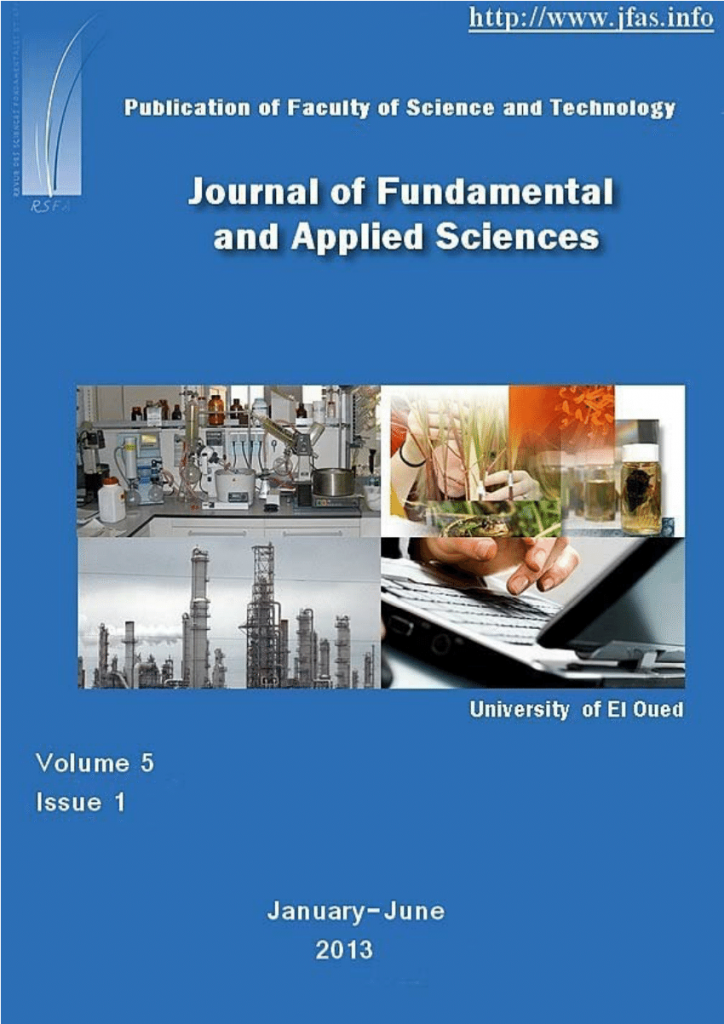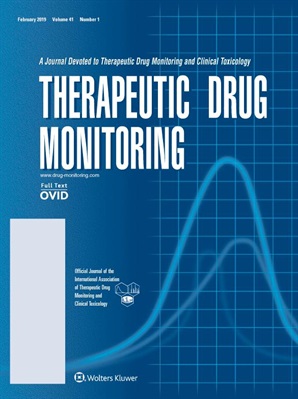 Imagine you’re a journal editor. A group of authors sends you a request to retract one of their papers, saying that “during figure assembly certain images were inappropriately processed.”
Imagine you’re a journal editor. A group of authors sends you a request to retract one of their papers, saying that “during figure assembly certain images were inappropriately processed.”
What do you do next? Do you ask some tough questions about just what “inappropriately processed” means? Do you check your files for whether the author’s institution had told you about an investigation into the work? Do you Google the author’s names? Do you…search Retraction Watch?
It seems unlikely that any of those things happened in the case of a recent retraction from Nature Communications, or, if they did, they don’t seem to have informed the notice. We don’t know for sure, because, as is typical, the journal isn’t saying much. But here’s what we do know. Continue reading Why journal editors should dig deeper when authors ask for a retraction
 Ladies and gentlemen, we appear to have a new record.
Ladies and gentlemen, we appear to have a new record. A journal has retracted a paper on a drug for a blood disorder 20 years after it was published — and 17 years after an author of the article was told to request the move by his university.
A journal has retracted a paper on a drug for a blood disorder 20 years after it was published — and 17 years after an author of the article was told to request the move by his university.





